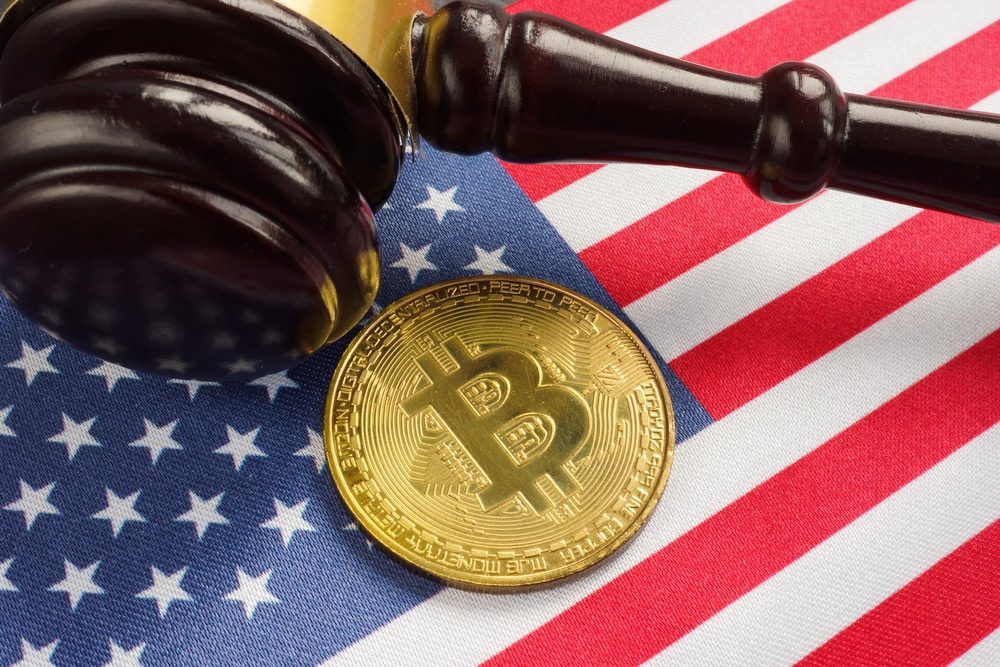
Crypto Mixers and Privacy Coins Looming Crackdown in Senate’s Defense Bill
The race to deliver a crypto-specific regulatory framework in the United States is evident in the multiple proposals tabled before the House. Besides the bipartisan efforts, an upcoming bill is set for Senate debate.
Fresh Crackdown for Crypto Anonymity
The bill proposes to subject crypto mixers and privacy coins to a fresh crackdown. The bill introduces amendments uniquely designed to address anonymous transactions and eliminate illicit activities. The amendments target inclusion in the $886 billion 2024 National Defense Authorization Act (NDAA).
The NDAA offers a $886 billion package already greenlighted by the US Senate. The proposals garnered bipartisan support, particularly in including crypto mixers and privacy coins. It consists of massive legislation that outlines the annual budget guiding the country’s Department of Defense. Its comprehensive nature makes it the vessel ferrying unrelated policies.
‘Bitcoin Senator’ Teams with Warren to Regulate Anonymity-Enhancing Services
Wyoming’s Republican Cynthia Lummis lived to the Bitcoin Senator tag in championing the crypto-specific provisions alongside the New York Democrat Kirsten Gillibrand. The two previously fronted the Responsible Financial Innovation Act, which offers a comprehensive crypto-specific scope.
The approval of amendments on Thursday, July 27, featured the input of anti-crypto lawmakers Roger Marshall and Elizabeth Warren, who conveyed their staunch opposition to the digital assets. The amendment facilitated the addition of several measures toward monitoring anonymity-enhancing services and technology, including crypto tumblers and mixers.
The NDAA Act directs the Treasury to issue a report approximating the transactions’ magnitude executed via the technologies. The report would constitute the basis for recommendations for their regulation.
2024 Defense Bill to Fight Crypto Use to Move Illicit Funds
The provisions supported by the four politicians task the federal regulators to enforce strong examination standards to avert the utilization of crypto as a conduit for illicit funds earned from illegal activities.
The introduction of the amendment saw Lummis admit that the prevention of illicit finance within the digital asset industry is integral for the US. She added that preventing illicit financing constitutes the core objective of the Lummis-Gillibrand Responsible Financial Innovation Act. Consequently, amending the NDAA is critical to averting money laundering and pushing the bad actors from space.
Senators Approve Crypto-Specific Clauses to Instill Commonsense Standards
Senator Warren portrayed a harsher tone by profiling the digital assets as posing a national security threat. The Massachusetts Senator submitted that crypto became the illicit finance tool preferred by fentanyl traffickers, ransomware, and rogue nations. She decried the emergence of many actors who have failed to comply with the existing anti-money laundering standards.
The amendments received support from And Marshall, the Republican from Kansas. The politician lauded the amendment as instilling commonsense standards that would become the guardrails governing the accelerated crypto utilization worldwide.
Although the approval of the legislation is a notable milestone, it marks the beginning of a heated political battle. The House of Representatives approved a different NDAA version in early July. It features amendments on restricting abortion and eliminating diversity initiatives.
The divergence in the two NDAA versions prompts the chambers to work together. Doing so is necessary to establish compromises and the final text. It implies that lawmakers would ultimately amend the bill and perhaps adjust the crypto mixers and privacy coins provisions.




